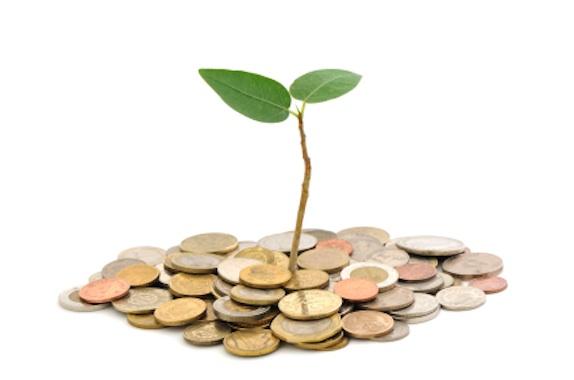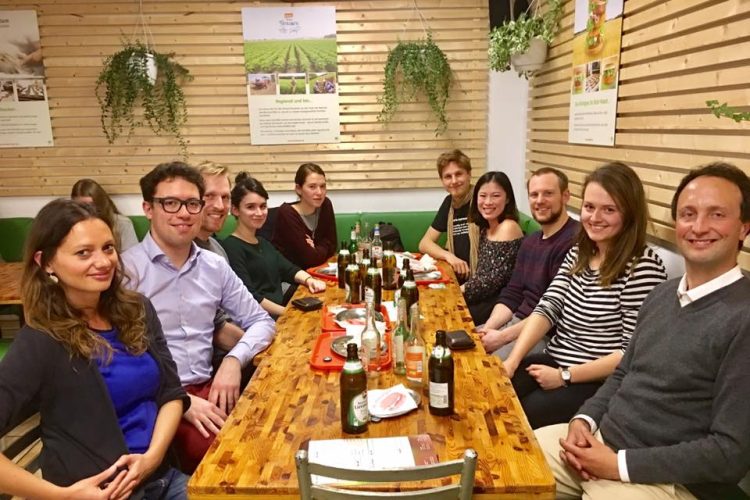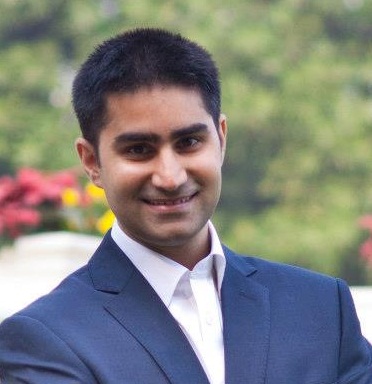By Stefano Ramelli Green bonds are considered a potential channel to overcome the financing barriers for climate mitigation, adaptation and other environment-friendly projects. The issuance of green bonds has...
oikos and the Department of Banking and Finance at the University of Zurich will convene the 7th oikos Young Scholar Finance Academy from September 4 to 6, 2017, in...
Capitalist society faces one of its greatest challenges in the beginning of the millennium: How can sustainable social, economic and environmental development be reconciled with capitalist drivers of efficiency...
February is a busy month indeed! In the northern hemisphere, the world begins to defrost and glides slowly into warmer times, adding a bit of sunshine to our lives....
Join oikos Barcelona event: SUSTAINABILTY CYCLE. The Sustainability Cycle will take place in ESADE from 13th March to 15th March 2017. ESADE students are invited to new Sustainability Cycle! 1 ECT...
“Berlin is a ‘hotspot’ for everyone interested in sustainability – be it related to academia or work.”, says Axel Bozier, who is organizing the second meeting of Berlin-based oikos...
“At the Winter School, I experienced the spirit of oikos” I first came across oikos while studying at university. A friend of mine who was active in oikos London...
Join one of three opne Webinars of the oikos LEAP Leadership Program Up next is Geoffrey Scott, Emeritus Professor at the University of Western Sydney. Geoffrey will take us...
Join the oikos London for their sustainability pop-up event! If you want to come and hear speakers discuss their efforts and commitment to sustainability, check out oikos’s photography competition finalists,...
„The one and only business of business is increasing its profits.“ Join the event organized by oikos Konstanz. Read more information in German here.
- 1
- 2




